Sindh jo sawaal: The threats to Sindh’s indigenous population
Former ambassador Abdullah Hussain Haroon speaks about the problems plaguing the province.
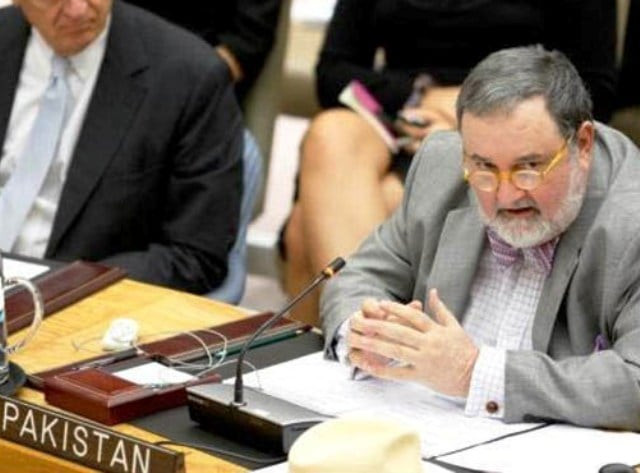
He emphasised the need to form a law in the province that restricts immigration. PHOTO: PID/FILE
"Do the people of Sindh or even Pakistan have the money to buy Rs50 to Rs100 million homes in the 85,000 acres being developed in Karachi?" he questioned rhetorically, before saying that only rich foreigners will inhabit these deluxe localities.

For Haroon, the poor people in Sindh were already crying that they had no land to build their homes or cultivate crops. "Sindh's people are concerned that they are constantly being reduced to a minority in a land their forefathers have inhabited for aeons."
He emphasised the need to form a law in the province that restricts immigration Abdullah Hussain Haroon and also addresses the issue of sale of land to foreigners in the interest of the indigenous population. "When Pakistan was founded, around three to four per cent of the people in Sindh were poor, but now the poverty has catapulted to around 70 per cent in both the urban and rural parts," he maintained.
In his book, written in Sindhi, Haroon shares insights regarding issues such as employment, migration in Sindh, exploitation of oil and gas resources, tribal feuds, corruption in politics and bureaucracy, among others. He also addresses the issue of a muhajir province, lack of political representation of the ordinary people, deteriorating standards of education and health problems.
"The people of Sindh should demand that the results of the [2011] house census be made public before the population census in the province starts. Those results should then be scientifically tested to point out errors and omissions." Several political parties, including the Pakistan Peoples Party, Jamaat-e-Islami and Sindhi nationalists had raised objections to the census, terming it a bid to turn the natives into a minority.
Nationalist leader Riaz Chandio, while recalling the services of the Haroon family since the Khilafat Movement in pre-partition India, said the book was a political bible for Sindh. He held the militant wings in political parties, feudal lords, corrupt politicians and bureaucrats responsible for the poverty, crime and other problems affecting the lives of ordinary people in Sindh.
Pakistan Muslim League-Functional leader Syed Umer Shahbaz Shah Rashdi drew the attention of the federal government to the issue of landlessness in the province. He requested the prime minister to distribute free agricultural land among the landless peasants.
Yemen
The former ambassador advised the federal government to stay away from the Yemen conflict. He contended that the country will face the same repercussions that it continues to suffer from the Afghan conflict. "Like the Afghan conflict, the one in Yemen also involves clashes among local groups. If we take side of any one of these groups, the results will be like the one in Afghanistan. Our good friends began to consider us their enemy."
According to Haroon, the global political situation required that all efforts be taken to defuse conflicts if they occurred in any of the Muslim countries instead of aggravating the conflicts through military aggression. Engaging in wars within the Muslim nations will harm their own interests.
He requested the parliamentarians, whose joint session in Islamabad will take place on April 6, to consider Pakistan's interests and internal issues before making any decision.
Published in The Express Tribune, April 6th, 2015.





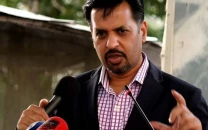
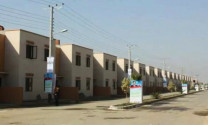

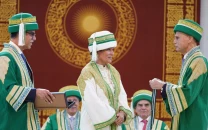

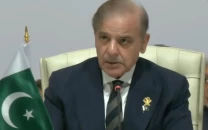
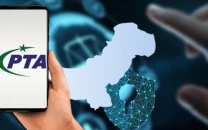







COMMENTS
Comments are moderated and generally will be posted if they are on-topic and not abusive.
For more information, please see our Comments FAQ